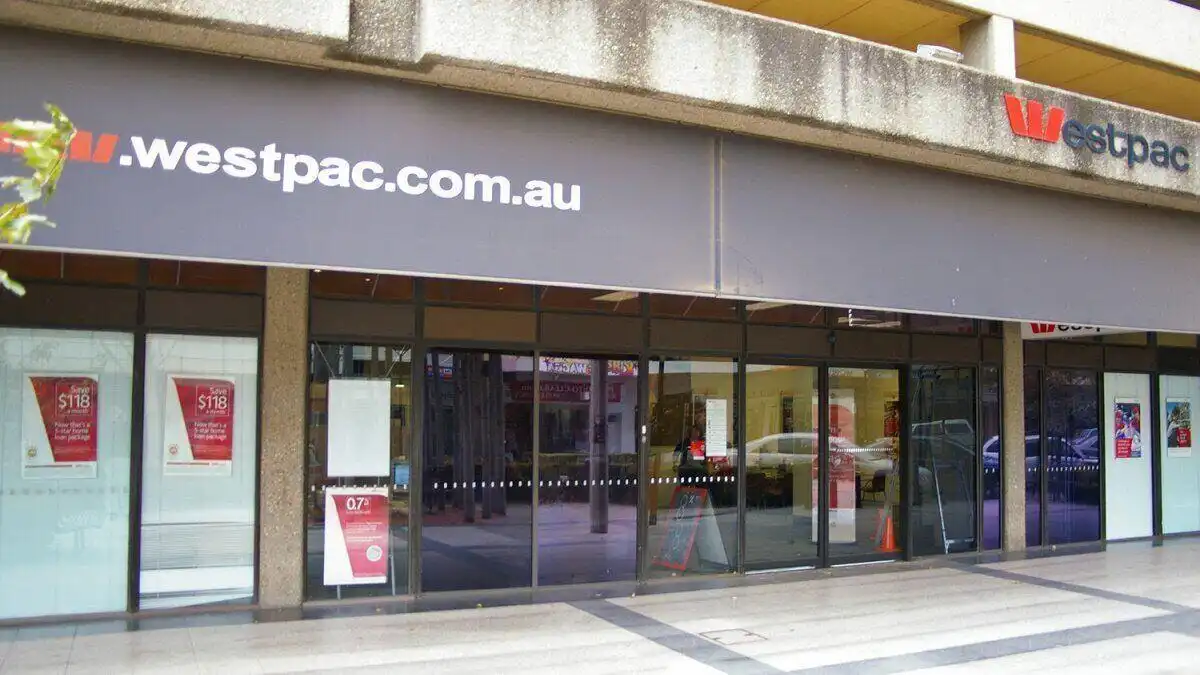Westpac, with support from the Clean Energy Finance Corporation (CEFC), will launch its Sustainable Upgrades home and investor loans to existing customers on 26 August.
Households turning to the offering could expect to realise both a low variable rate of 4.49% p.a. at the time of writing (comparison rate* 4.87% p.a.) and lower energy bills.
The Federal Government has committed $160 million of its $1 billion Household Energy Upgrades Fund - announced as part of the 2023-24 Budget - to support the discounted green loan product.
"These competitive-rate loans will give customers the freedom to choose how to upgrade their homes and to make them more energy efficient and save on their bills," minister for climate change and energy Chris Bowen said.
Existing home loan customers will soon be able to borrow between $4,000 and $50,000 through the Sustainable Upgrades product, with a maximum loan term of 10 years.
The funds must be used to make energy-efficient upgrades to the property, such as the installation of solar panels, EV charges, solar hot water heaters, double glazed windows, or improvements to insulation.
Customers can also use the green product to better protect their home or investment against bushfires, floods, storms, and cyclones.
To be eligible, borrowers must have or be approved for a Westpac home or investment loan worth least $150,000.
"We recognise more Australians want to play their part to reach a net zero future, and that starts at home," Westpac chief executive of consumer banking Jason Yetton said.
Westpac is the first bank to be supported by the Household Energy Upgrades Fund, with non-bank lender Plenti having secured the fund's first commitment in May.
The Household Energy Upgrades Fund is expected to help a total of 110,000 households improve the energy-efficiency of their homes.
Other lenders offering green home loan products
Westpac is far from alone in offering low-rate opportunities for those purchasing green or sustainable homes, or undergoing energy-efficient and climate-resilient upgrades.
Big four bank competitor CommBank offers a similar product to that announced by Westpac this week.
CommBank's Green Loan currently offers a 3.99% p.a. interest rate and a maximum loan term of 10 years.
CommBank home loan customers turning to the product are able to borrow between $5,000 and $30,000 to fund sustainable upgrades.
Other lenders, such as loans.com.au and Bank Australia, offer discounted interest rates on home loans taken out to fund the purchase or refinancing of energy-efficient homes.
Loans.com.au also offers a home loan specifically designed to purchase homes that have, or will have, solar panels installed.
Loans.com.au's Solar Home Loan currently advertises an interest rate of 5.99% p.a. (comparison rate* 6.51% p.a.).
Each of the mentioned home loan products are supported by CEFC partnerships.
Westpac home loan arrears tick up as offset balances continue to grow
Westpac also revealed it banked $1.8 billion in net profits for the third quarter of 2024 on Monday.
But a closer look at the bank's financials reveals rising pressure on some borrowers.
As of June 2024, 1.9% of its home loan book is behind on repayments by 30 days or more, while repayments on 1.12% of its loan book is overdue by 90 days or more, and 1.18% is in hardship.
However, as the portion of borrowers struggling increased, the number ahead in repayments also grew.
Nearly a quarter of Westpac home loan holders were ahead in repayments by two years or more, or held at least two years' of repayments in offset accounts.
Meanwhile, 37% were ahead by between six months and two years, or held six to 24 months' worth of repayments in offset accounts - up from around 34% in September 2023.
Narrowing in on the use of Westpac offset accounts reveals 11% of the bank's $504 billion mortgage book isn't incurring interest due to the $60 billion now held in offset accounts.
Funds hoarded in offset accounts are unlikely to dwindle amid the high interest rate environment, recent CommBank analysis suggests.
Experts at the biggest big four bank predict Australians' excess savings balances will have run out by the end of the year, but they don't expect the same to be said of cash kept in offset accounts.
"Since [the third quarter of 2022], the stock of additional savings accumulated during the pandemic has steadily declined," CommBank head of Australian economics Gareth Aird and economist Stephen Wu note.
"There is, of course, still a large stock of excess additional savings accrued during the pandemic sitting in mortgage offset and redraw facilities [but] the evidence to date indicates that households, as a collective, do not want to drill down on these savings.
"Indeed households are still adding to redraw and offset accounts."
Image by Bidgee on Wikimedia Commons





Share